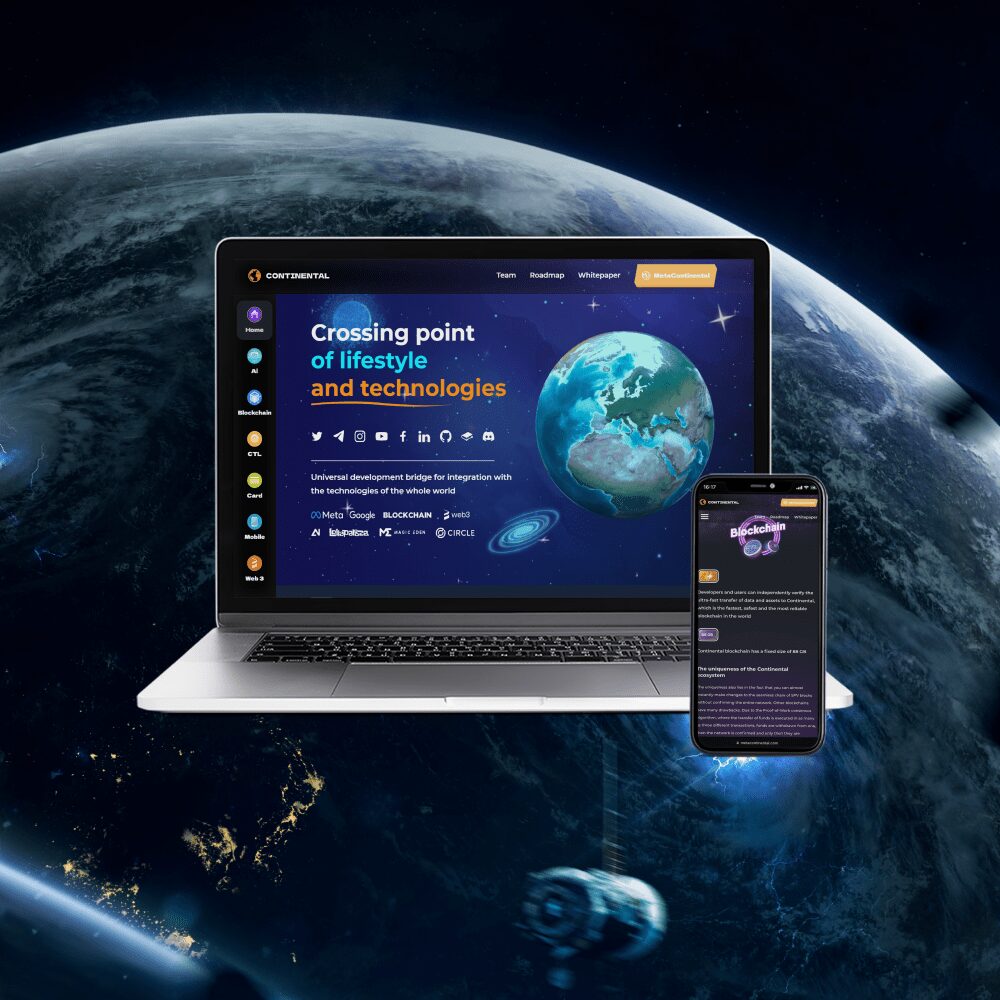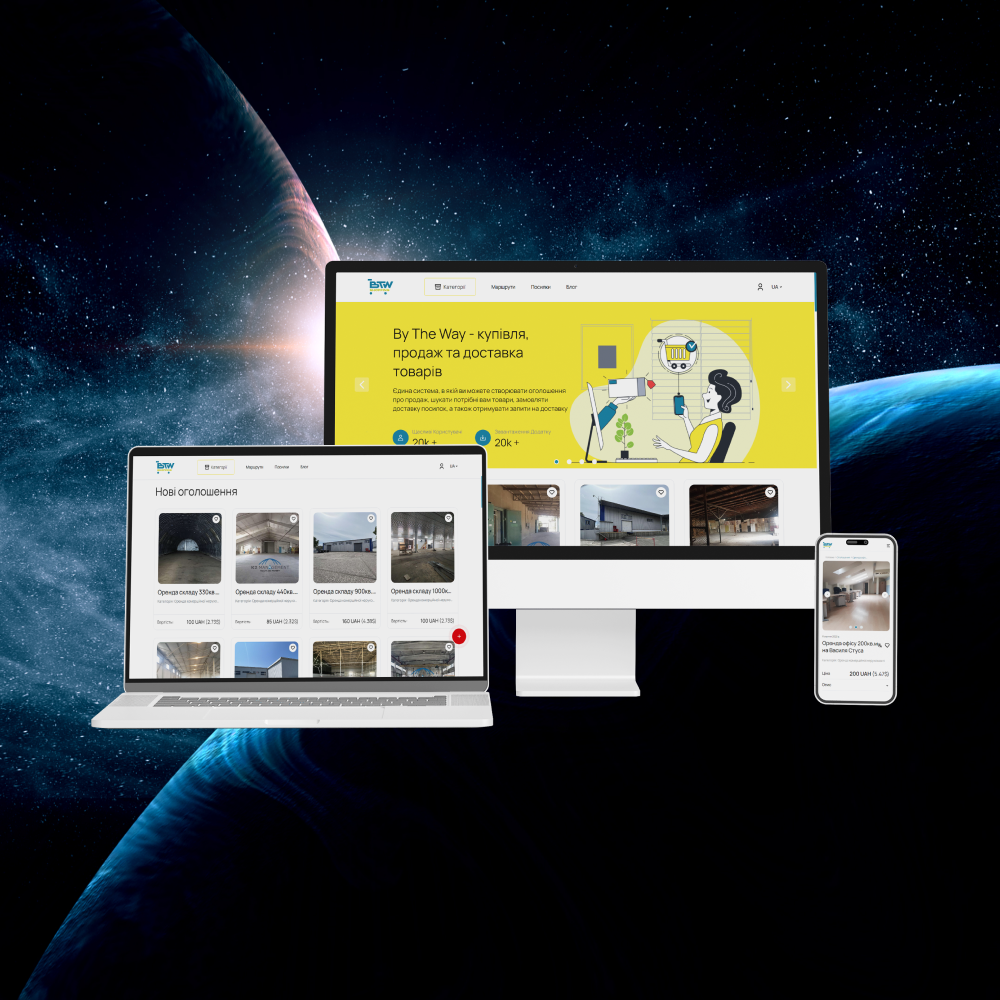Implementation of neural networks in healthcare
Implementation of neural networks in healthcare
NEURAL NETWORKSImplementation of neural networks in healthcare NEURAL NETWORKS
At the beginning of 2023, the global market for artificial intelligence in the field of medicine was estimated at $6 billion, and according to optimistic forecasts, this figure could grow to $28 billion by 2024. Analysts from Frost and Sullivan came to such conclusions. At the same time, neural networks are the main growth driver of this market, since they allow AI to learn independently and improve the accuracy of results.
In this article, we will talk about exactly how neural networks are used in medicine and what impact they have on the healthcare system around the world.
What are neural networks
What are neural networks
An artificial neural network (NNs) is a mathematical model embedded in the program code that mimics the principle of the human brain. It has digital neurons that are interconnected by the same digital synapses, and is capable of not only executing the embedded algorithms, but also self-learning.
In the classic version, neural networks consist of three layers:
- Input – receives information from external sources, analyzes, distributes and transfers to the next layer.
- Hidden – receives data from the input layer, processes it and highlights specific features.
- Output – gives the result of processing.
After each iteration, the neural network automatically adjusts its algorithms to get more accurate results. Simply put, she “learns” from her mistakes and, unlike a person, practically does not allow them a second time. It also means that the more data the neural network received for training, the more efficiently it will work in the future.
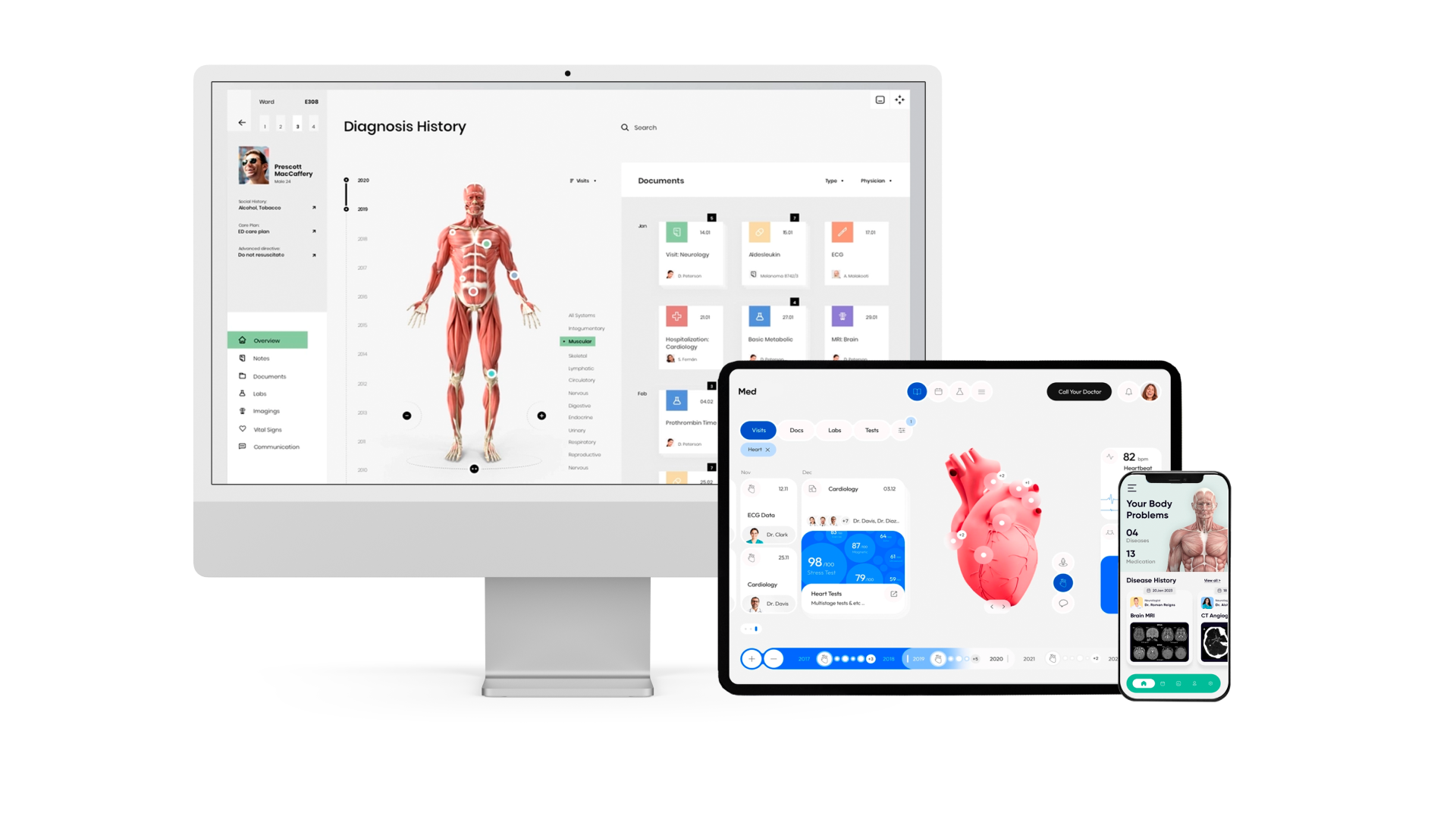
Practical application of neural networks in healthcare
Application of NNsPractical application of neural networks in healthcare Application of NNs
The introduction of neural network technology in the healthcare sector can significantly improve the accuracy of diagnosing diseases, facilitates work with electronic medical records and virtually eliminates errors caused by the human factor. We propose to consider how exactly NNs can be used in different sectors of medicine.
Imaging studies and diagnostics
In medicine, imaging research is understood as obtaining images of the internal organs and tissues of the body. It plays a very important role in the diagnosis of diseases using ultrasound, x-rays, computed tomography and other similar procedures.
The problem is that even the trained eye of a doctor cannot always recognize small defects in the image. In addition, do not forget about the effect of “blurring” the look. As a result, some diseases are not detected in the early stages, which can lead to serious consequences.
The solution to this problem is Convolutional Neural Networks, or CNNs for short. According to scientists from Stanford University, such neural networks outperform professional doctors by an average of 22% to 30%. At the same time, they work much faster, without days off, lunch breaks and are not affected by fatigue.
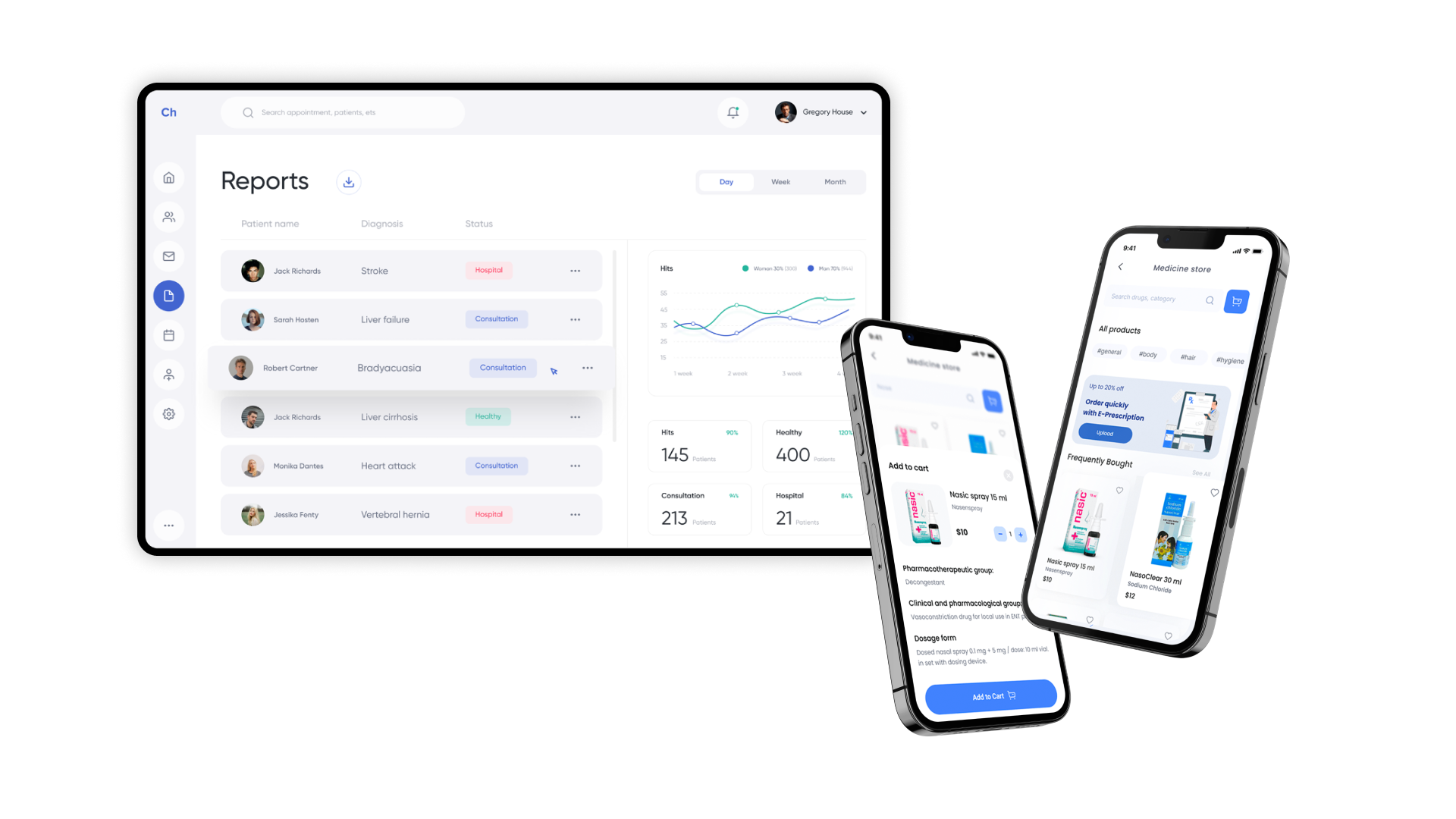
Surgery
Professional surgeons, even the highest qualifications, often make mistakes. So, according to a study by Johns Hopkins University, only in the US, doctors make mistakes during operations about 4,000 times a year. For example, at least 39 times a week they leave third-party objects inside the patient, and over 20 times they operate on the wrong organ.
In most cases, this problem can be corrected by robotic surgery using artificial intelligence based on neural networks. Such robots are used to simulate and plan operations, as well as to automate some surgical tasks. Moreover, thanks to new developments in robotics, AI has gained the ability to independently perform operations without human intervention – with the help of mechanical hands. This not only reduces the cost of professional surgery, but also makes it more accessible worldwide.
Let’s add that already now the industry of robotic surgery is estimated at 40 billion dollars, and neural networks play one of the most important roles in it.
Automation of clerical work
Neural networks can take on many routine tasks in healthcare, such as issuing prescriptions, filling out documents, reports and electronic medical records, which will significantly reduce the clerical burden on doctors and allow them to serve more patients.
For example, AI for voice recognition powered by NNs can help physicians automatically fill out EHRs, order tests, and write prescriptions for drugs at the time of the exam.
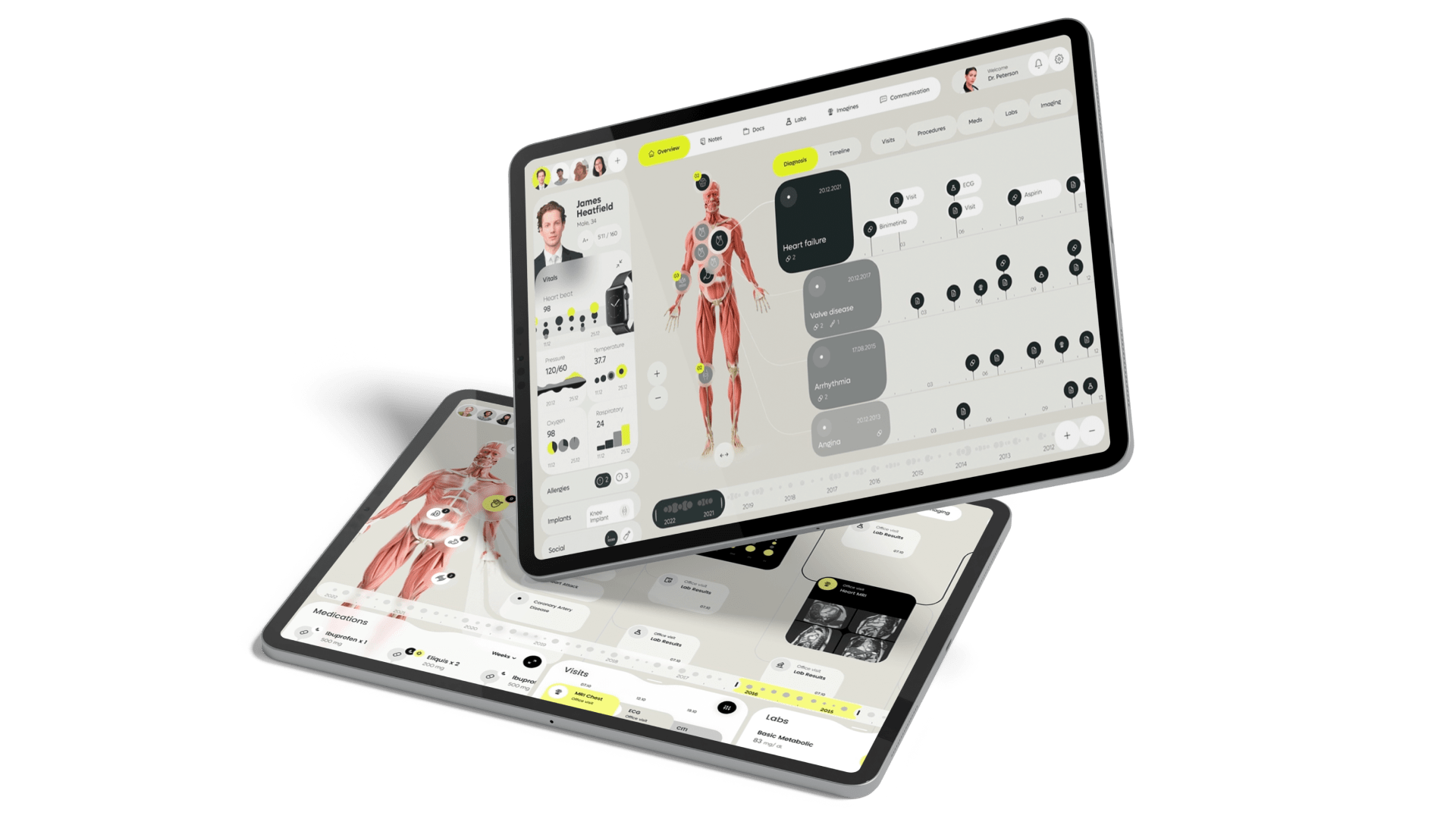
Disease Outbreak Prediction
Practice has shown that AI based on neural networks is able to predict disease outbreaks much faster than traditional institutions. The use of such tools will make it possible to take timely measures and minimize the negative consequences for the whole world.
For example, in 2021, the BlueDot platform predicted a coronavirus outbreak a week ahead of the WHO. This conclusion was reached by artificial intelligence after studying the news in 65 countries, analyzing people’s conversations on social networks and viewing a summary of the disease. And this case is not the only one. AI was also able to predict the Zika virus outbreak in Florida in 2016 and the spread of Ebola outside of Africa in 2014.
Changing Patient Behavior
Missing the time of taking medications is one of the main reasons for the decrease in the effectiveness of treatment. Physicians, for their part, have little impact on patients unless they are in the hospital 24/7. But this problem is well solved by specialized applications and gadgets for correcting behavior based on neural networks.
In addition, such tools can help patients follow the right diet, in accordance with the prescribed diet, and provide personalized recommendations for the formation of “good” habits, based on the person’s daily lifestyle.
Development of neural networks for the healthcare sector in AVADA MEDIA
Development of neural networks for the healthcare sector in AVADA MEDIA
Neural networks have already become an integral part of the modern healthcare system and are gradually changing it for the better. In the future, this market is waiting for even more rapid growth, as many reputable researchers say, which means that investments in this direction are now extremely relevant.
AVADA MEDIA has extensive experience in implementing NNs in the healthcare sector. For the technical implementation and training of neural networks, we can provide already formed teams of qualified specialists who will study your needs and create the optimal solution aimed at solving specific business problems.
Fresh works
We create space projectsFresh works
The best confirmation of our qualifications and professionalism are the stories of the success of our clients and the differences in their business before and after working with us.
Our clients
What they say about usOur clients What they say about us
Successful projects are created only by the team
Our teamSuccessful projects
are created only by the team Our team

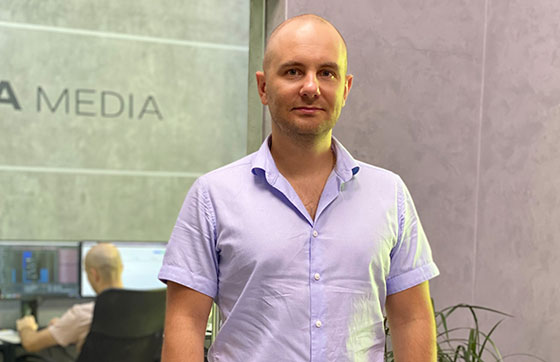
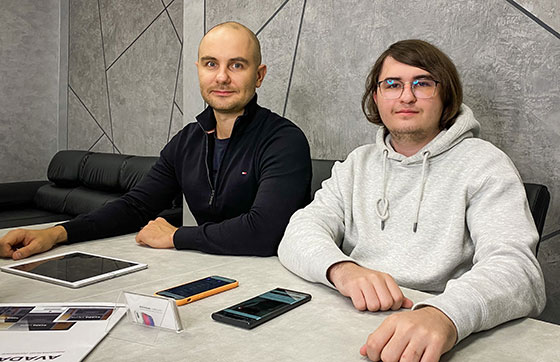
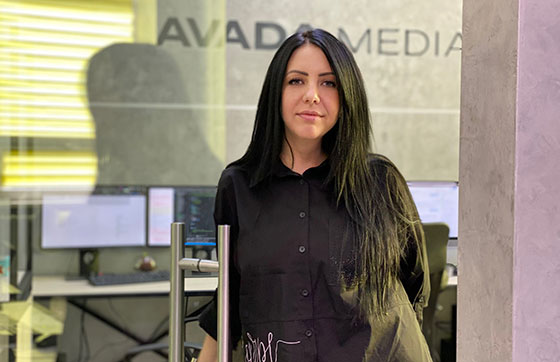
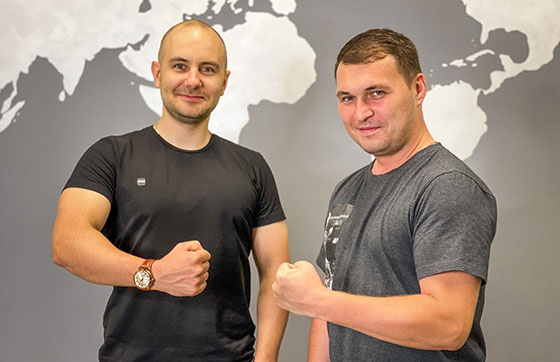







Contact the experts
Have a question?Contact the experts Have a question?
-
Phone:+ 38 (097) 036 29 32
-
E-mail:info@avada-media.com.ua



